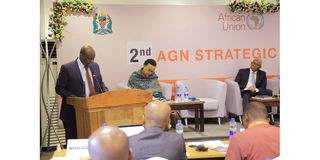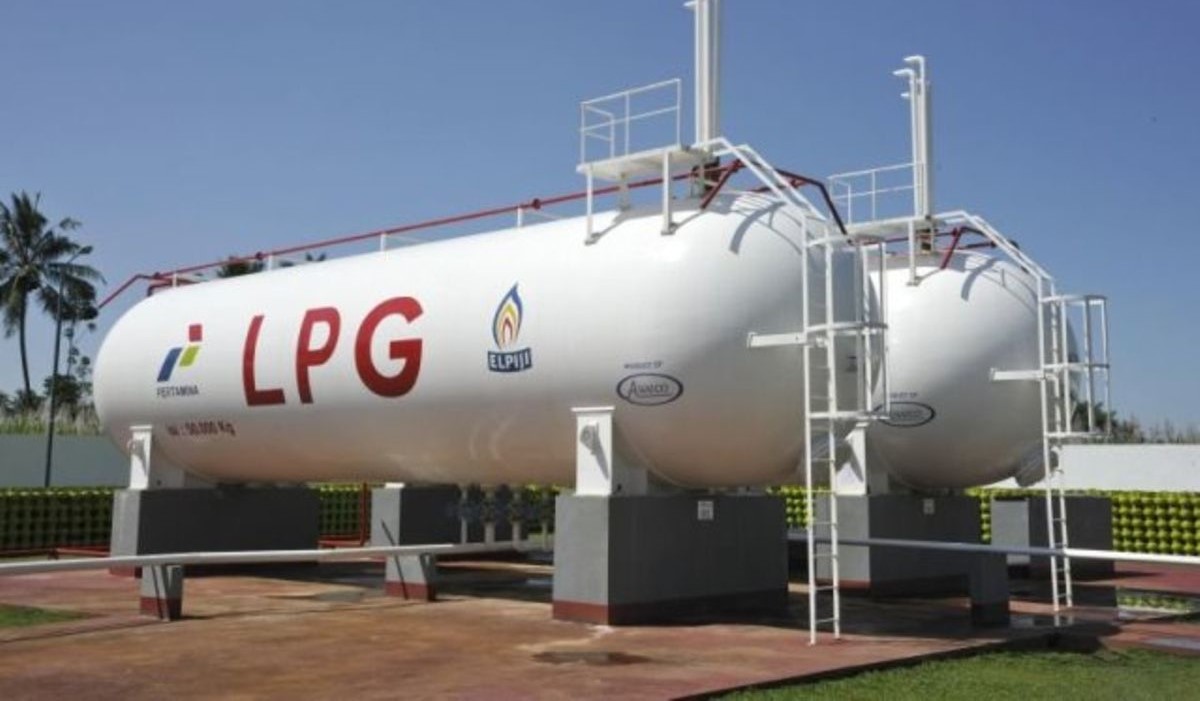Prime
Tanzania backs institutionalisation of Africa’s climate negotiation

Chair of the AGN and Tanzania’s Presidential Advisor on Climate Change and Environmental Affairs, Dr Richard Muyungi, speaks to African climate delegates at the second strategic meeting in Dar es Salaam on Wednesday. PHOTO | JOSEPHINE CHRISTOPHER
What you need to know:
- The African Group of Negotiators is expected to play a central role in shaping Africa’s unified response to the climate crisis
Dar es Salaam. Tanzania is spearheading efforts to institutionalise the African Group of Negotiators (AGN) as the continent seeks a stronger, more unified voice ahead of COP30 in Brazil.
At the second Strategic Meeting of the AGN held on Thursday in Dar es Salaam, African climate experts and policymakers gathered to advance plans to formally anchor the AGN Secretariat under the African Union Commission.
The initiative, championed by AGN chairperson, Dr Richard Muyungi, who is also Presidential Advisor on Climate Change and Environmental Affairs to President Samia Suluhu Hassan, aims to transform the AGN from a voluntary coalition into a permanent, Africa-owned platform with legal status and operational capacity.
“This meeting is a strategic turning point,” said Dr Muyungi. “We are finalising frameworks and building confidence in AGN’s institutional structure. Let us unite for a more just and resilient climate future.”
The AGN has represented Africa in UN climate negotiations for years, but without formal institutional backing. Leaders now argue that a legally recognised body is essential to enhance continuity, technical support, and influence on global climate decisions.
The proposed AGN Secretariat will coordinate policy, support country delegations, and reinforce Africa’s stance on climate finance, adaptation, technology transfer, and energy transitions. It will also preserve institutional memory and deploy technical expertise during climate summits.
Deputy Permanent Secretary in the Vice-President’s Office, Prof Peter Msofe, said:
“It’s about ensuring all African countries, whether highly industrialised or climate-vulnerable, have equal access to technical support and representation.”
He noted that while African negotiators have the expertise, the absence of a structured secretariat has limited Africa’s strategic leverage in climate talks. United Nations Assistant Secretary-General for Climate Action, Mr Selwin Hart, praised Africa’s leadership:
“The AGN continues to be a powerful voice for climate justice and ambition. Your determination to elevate Africa’s priorities is inspiring.”
However, he warned of global disparities. “Despite Africa’s vast renewable energy potential, the continent received less than 2 percent of global clean energy investment last year,” he said. Mr Hart urged African nations to use the 2025 NDC submissions to align climate priorities, especially financing, technology, and capacity building, with national development plans.
Once institutionalised, the AGN is expected to play a central role in shaping Africa’s unified response to the climate crisis.



